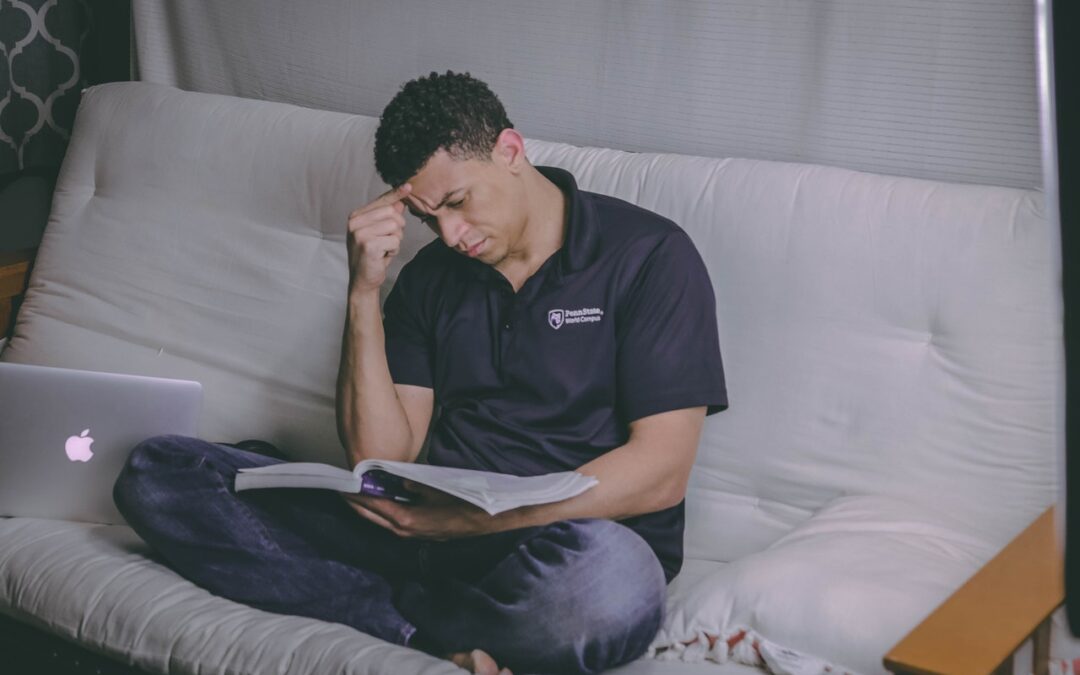Vital resources and support networks came to a screeching halt at the end of March as over 14 million U.S. college students were impacted by campus closures due to COVID-19. Beyond the physical health crisis of the pandemic, many of these students have reported a pernicious effect on their mental health, as well.
Once removed from campus, students started feeling overwhelmed and anxious as a result of the social isolation, loss of jobs, sick family members, and abusive households. Many students found themselves in environments where they could not study, and others worried about how they were going to pay for school as they lost their on-campus work-study jobs.
Even before the pandemic, student mental health had been a growing area of concern across college and university campuses. Many sources reported that the prevalence of depression, anxiety, eating disorders, and suicidal tendencies had been on the rise in the 1990s. Now, according to a recent study conducted by Active Minds, 1 in 5 college students report that their mental health has significantly worsened due to COVID-19.
For many students, school health centers provided access to mental health professionals—whether on campus or off. But, since students were sent back home, these and other health services became difficult to access, or not available at all. Some schools tried offering online counseling sessions, but many were stymied by licensure laws that dictate where and when therapists can and cannot practice. Students, ultimately (and sadly), reported that they did not know where to go for mental health support during COVID-19.
As the Fall semester comes to a start, college and university leaders have been urged to consider mental health a priority, and to help students cope with any turmoil the pandemic has caused. Specifically, schools have been asked to expand counseling services, communicate to the student body about the mental health services available to them, and educate staff members to be more aware of the mental health challenges they might see manifesting amongst their students.
While much of the mental health strain on college students is situational due to the pandemic, those students will pre-existing mental health conditions may need more support than what a university can provide. For those students who are struggling with severe cases of depression and anxiety, and who have not gained relief from antidepressants or other forms of treatment, ketamine infusions may offer some hope. Ketamine is effective for adolescents and adults, alike, and has been proven to reduce suicidal thoughts and improve depressive symptoms in about 70% of patients.
Contact VIP Ketamine Clinics
If you or a loved one is struggling with debilitating depression or anxiety—whether as a result of Covid-19 or not—we can help. Request a free consultation at our Modesto, CA ketamine treatment center today.

